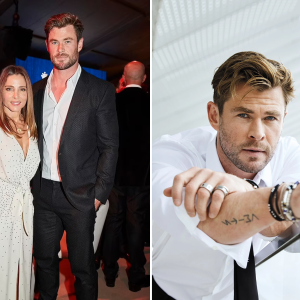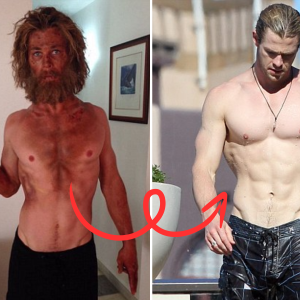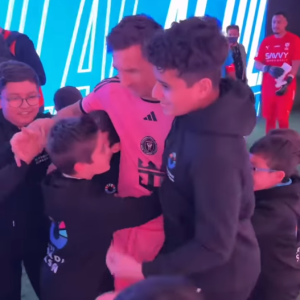
Swift’s 131-date “Eras” world tour, currently packing stadiums across the U.S., is on track to be the highest-grossing concert tour of all time, at $1.4 billion, when it ends next year. Analysts estimate the tour will also have a total economic impact from tour-related spending of $5 billion on host cities. Even the Federal Reserve noted the effect her tour is having on regional economies.
To better understand the Swift phenomenon, the Gazette asked some Harvard and Berklee College of Music faculty to assess her artistry, fan base, the tour’s economic impact, and her place in the industry. Interviews have been edited for clarity and length.
‘Very few people have her songwriting talent’
Stephanie Burt, poet and Donald P. and Katherine B. Loker Professor of English
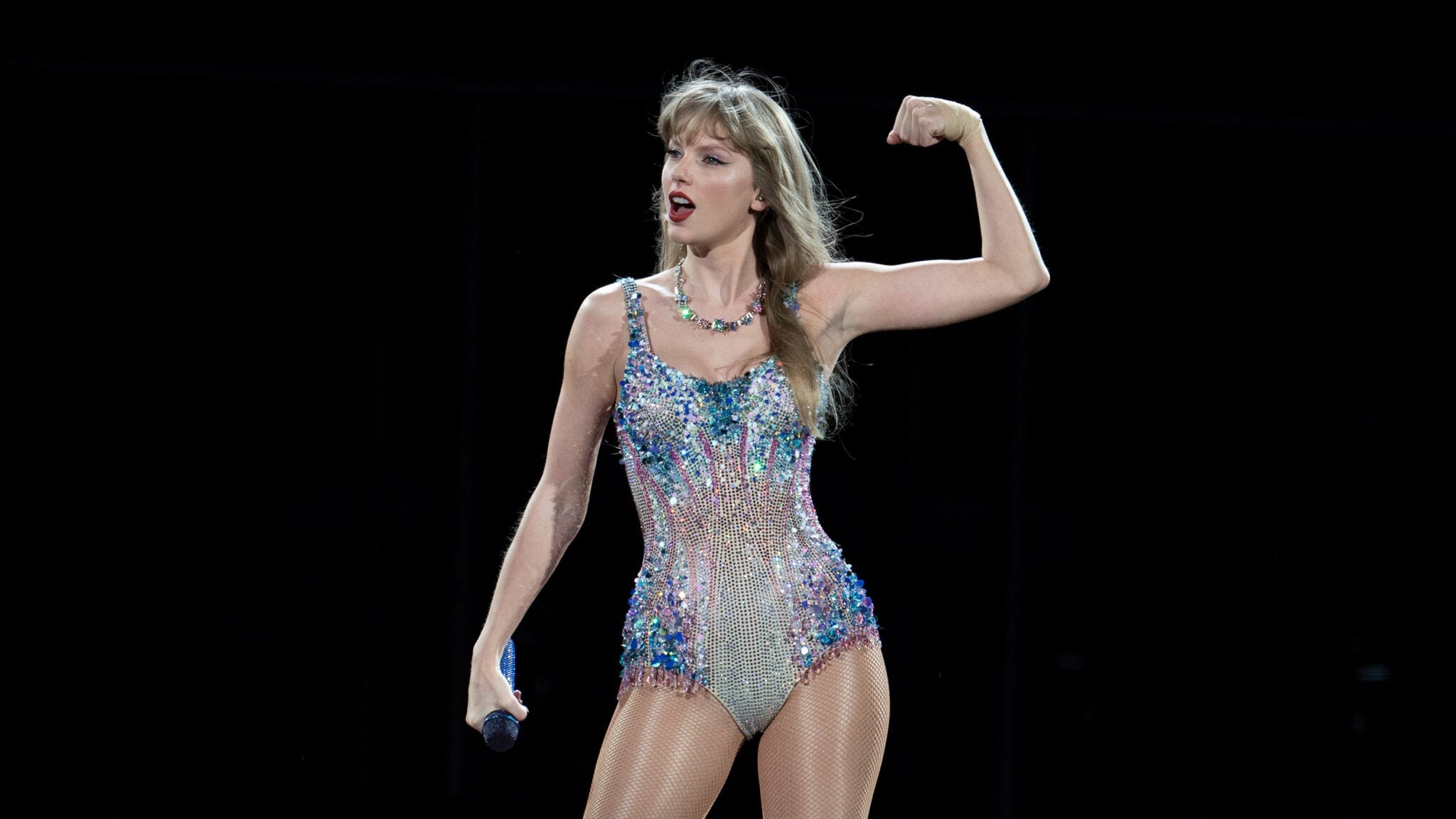 GAZETTE: How good is Swift as a songwriter?
GAZETTE: How good is Swift as a songwriter?
BURT: She has a terrific ear in terms of how words fit together. She has a sense both of writing songs that convey a feeling that can make you imagine this is the songwriter’s own feelings, like in “We Are Never Ever Getting Back Together,” and a way of telling stories and creating characters. She can write songs that take place at one moment, and she can write songs where the success of verses give you a series of events, like in “Betty” or “Fifteen.”
She has a lot of different gifts as a songwriter, both at the macro level, how the song tells a story or presents an attitude, and at the micro level, how the vowels and consonants fit together, and she’s able to exercise that range, along with quite a lot of melodic gifts, and in a way that does not make her seem highbrow or alienate potential audience members. I would not be surprised to discover that her body of songwriting altogether had a larger number of words than any body of comparable hit songs by a comparable songwriter, except for someone like Bob Dylan.
One of the things that’s really remarkable for me about her is that harmonically, she’s not usually that interesting. It’s pretty normal pop chord progressions and pretty standard varieties of pop arrangement. Her great genius and her innovations and her brilliance as a songwriter is melodic and verbal. And, of course, she’s also very good at singing, which is not to be sneezed at. But she’s able to do that within the fairly tight constraints of existing, easily recognizable chord progressions and rhythmic setups.
She’s able to create verbal hooks, “I’m only 17. I don’t know anything, but I know I miss you.” They stick in your mind, and you spin stories out from them. That’s just being a good writer. She’s a celebrity with a complicated personal life that has been lived in the public eye for quite some time, and so, people speculate about the meanings of her songs, both because they are complex and meaningful works of art, and because some of them do speak to public facts about her life outside the songs.
“Fifteen,” which is a terrific song, gains resonance if you know that it’s about a real person and they’re still friends. But no one would care if it weren’t a brilliantly constructed song. Take something from “Speak Now”: It’s nice to know that “Dear John” is about John Mayer, who really had no business dating a 19-year-old, but it’s also a song about a pattern [of behavior], and it works in itself.
There’s all kinds of celebrity gossip about pop stars who maybe have her level of vocal talent and performing talent but happen not to have her level of songwriting talent. Very few people have her songwriting talent.
GAZETTE: Which songs would you count among your very favorites?
BURT: There’s so many good songs. I find the ones that speak to me the most are the ones whose topics are closest to my own life. I’m a queer lady. She writes wonderful songs about falling in love or falling out of love with various guys. Those are not, by and large, my favorites even though they’re some of her biggest hits. “Fifteen,” “Betty,” “seven,” “It’s Nice to Have a Friend.”
I actually really like “The Last Great American Dynasty.” The two indie folk albums [“Folklore” and “Evermore”], almost everything on them is amazing. It’s so hard to sustain that level of success artistically while changing that much. Few can do it. “Nothing New” is amazing. “Anti-Hero,” which is the big hit from “Midnights,” is an absolutely fantastic and extraordinarily self-conscious song about being the kind of celebrity that she’s become.
4 albums in Billboard top 10
Taylor Swift is the only living artist to have four albums in the Billboard top 10 at the same time since Herb Alpert in 1966. Following his death in 2016, Prince had five albums in the top 10. (Swift is the only woman with four albums in the top 10 at the same time since the Billboard 200 was combined from its previously separate mono and stereo album charts into one all-encompassing list in August of 1963.)
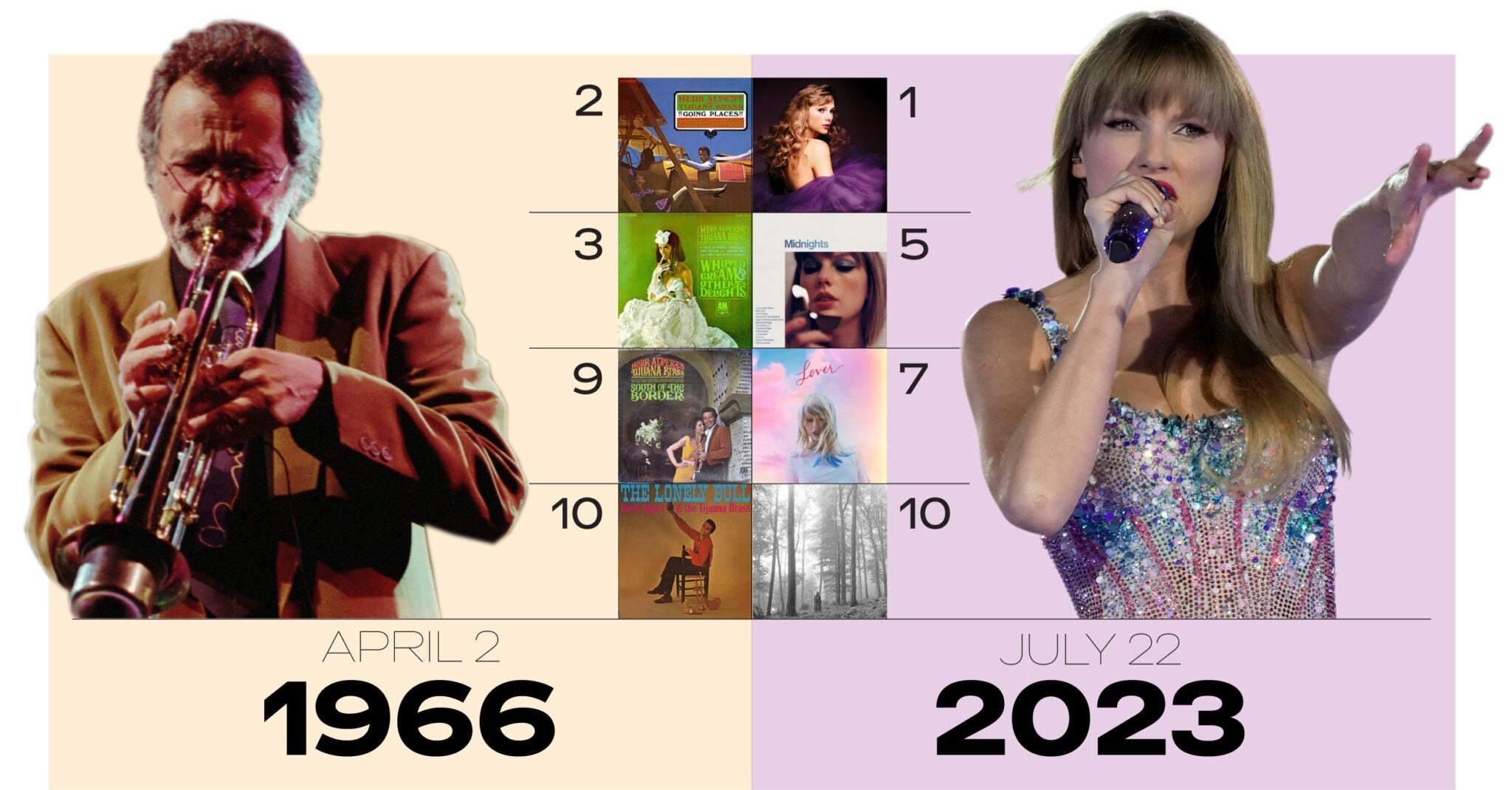
‘Strong social and emotional bond that people feel with her’
Alexandra Gold, clinical fellow in psychology at MGH and Harvard Medical School
GAZETTE: Swift appears to have a devoted fan base who feel intensely connected to her and her music. Why is that?
GOLD: There is a strong social and emotional bond that people feel with her. And in general, when people become super fans or part of the fandom, it’s often because there’s something about the object of that fandom, the public figure or celebrity, that does connect back to their identity in some way. That’s often the link.
In the case of Taylor, there’s a couple of things going on. The first piece is relatability. Even though there’s aspects of her that maybe don’t feel very relatable — she’s a celebrity and lives a very different life from her fans — what she is singing about — the lyrical content as well as the emotions that underlie the lyrical content — are very relatable to a lot of people. There’s something that is very common to the human experience.
Another piece is a lot of Millennials, as well as Gen Z now, are fans of Taylor Swift. With the Millennials, a lot of people grew up alongside her. When they were having some of these first experiences, maybe with relationships or entering adulthood, she was doing that at the same time and singing about that. Her life story mapped onto their life story, in some way.
For Gen Z, during the pandemic, there was a lot of TikTok content about her, she was putting out many albums, so a new generation discovered her, and they’re also having similar experiences. Overall, she’s been really important for identity development and growth for a lot of people.
@taylorswift my dads on his segway shit again
A third piece is aspirational. She is a role model. She is a great example of someone who sticks to their values and shows their fan base that they can reach their goals, whatever those might be. For instance, she’s claiming ownership of her work and has been successful in putting out re-recordings [of her older albums] and doing that despite barriers or obstacles that might be in the way. Seeing someone do something like that could be inspiring for a lot of young people.
And then, lastly, the fan community is a big part of this. People often form their identity around relationships not just with a celebrity, but also with other fans. The fan community that Taylor has around her, people meet their friends through it and people become part of something bigger than themselves. That is really important for them as they grow up and as they go through life.
GOLD: I think fandoms are, overall, very positive. That is an important message, that being a fan is a very positive thing. It’s important to be aware of when it’s interfering in other aspects of one’s life — not engaging in other areas that might be important, other relationships, whether time spent online is causing anxiety or stress or negative feelings for people. Trying to defend Taylor against other celebrities, for instance, that’s when it maybe goes into a category of “OK, let’s take a step back and think about what we can do to bring this back to a place where it feels more positive.” Recognize while this is a relationship that’s important to you, it’s not a friendship. And so, if someone starts to feel like there’s a two-way relationship when there’s no evidence that’s happening, that’s also something to be aware of.
‘The kinds of gains you see in an event like a Super Bowl’
Matthew Andrews, Edward S. Mason Senior Lecturer in International Development at Harvard Kennedy School
GAZETTE: You and some colleagues examined the effects on cities and regions hosting mega events. The total economic impact to host cities of Swift concerts on her current tour is expected to hit $5 billion. Does that sound plausible?
ANDREWS: Those numbers, I think, are completely accurate. I would be in agreement with those numbers because those are the kinds of gains you see in an event like a Super Bowl. The thing that is so amazing about the Taylor Swift concert, in particular, is that it goes from city to city, and you see the same kind of impact in city after city. You do see it with some other musicians, as well. But this is something that’s on a scale and a consistency that we haven’t really seen before.
Swift’s 131-date “Eras” world tour, currently packing stadiums across the U.S., is on track to be the highest-grossing concert tour of all time. Pictured is a June show at Acrisure Stadium in Pittsburgh.
Benjamin B. Braun/Pittsburgh Post-Gazette via AP
GAZETTE: Which industries typically benefit when a major concert tour or sporting event takes place?
ANDREWS: The main beneficiaries in the private sector are people involved in tourism and the support network around the entertainment industry, so it is going to be hotels, restaurants, tourism agencies. It’s going to be anything to do with transportation hubs. They are going to be the primary beneficiaries.
The costs to the public sector can be quite significant. And the cost for people in these areas who are not directly benefiting can be quite significant in terms of congestion, use of roads, just wear and tear, in terms of policing. This is a really important one — the cost of public order. Unless the government really thinks this through and charges for this as part of its permitting process, the government can end up on the short end after these kinds of events.
The other thing about these events that is increasingly attracting attention, from a public policy perspective, are climate change concerns. You have many, many people transporting themselves to a small area and a lot [are] coming through the air and through vehicles. This is something we worry about a lot more with prolonged mega events like a World Cup than with something like a Taylor Swift concert, but you do need to think about what those costs are.
‘Standing up for … rights and doing good business’
Ralph Jaccodine, assistant professor of music business/management, Berklee College of Music
GAZETTE: What are the factors that make Swift a successful performer from an industry perspective?
JACCODINE: First of all, if you’re going to talk about Taylor Swift, you’ve got to talk about the power of great songs. It all starts with the power of great songs. That’s why we’re still listening to The Beatles, and Bob Dylan, and Frank Sinatra. And like Bowie and Gaga and Dylan, she’s not afraid to stretch. She’s not afraid to bring her audience for a ride. We’ve seen her grow up in real life, from a young girl to a woman with power, and she’s owning it.
 Number two, and this is really important: You’ve got to be great live. My students come to me and say, “We have 53 likes on this video, and we’re not selling tickets.” They don’t understand the power of going in front of people and blowing them away. In my business, as a manager, 80 percent of the income comes from live performances, so I want them to change lives live. I’m a massive Springsteen fan. I’m going to be seeing Springsteen at Gillette. I’ve seen him 12 times. I don’t need to see Bruce anymore. I’m an old guy, but I’m still going to rock concerts for artists to change my life. Taylor Swift’s songs, combined with how great she is live, is a powerful combination.
Number two, and this is really important: You’ve got to be great live. My students come to me and say, “We have 53 likes on this video, and we’re not selling tickets.” They don’t understand the power of going in front of people and blowing them away. In my business, as a manager, 80 percent of the income comes from live performances, so I want them to change lives live. I’m a massive Springsteen fan. I’m going to be seeing Springsteen at Gillette. I’ve seen him 12 times. I don’t need to see Bruce anymore. I’m an old guy, but I’m still going to rock concerts for artists to change my life. Taylor Swift’s songs, combined with how great she is live, is a powerful combination.
She’s always had a good team around her, smart people around her, good publicists, and good management. When you’re that good, you have the best in the industry. Her team is great: They build anticipation; they create a buzz about things. She’s imprinted her fans in such a way that they want everything about her. The day before a big stadium show, the T-shirt stand is open and there’s thousands of people in line. They hang on to every word of her social media posting, look at all the pictures. They share it; they talk about it; they have groups. That’s really hard to pull off.
GAZETTE: Has her advocacy for better artist compensation from streaming platforms and record labels and her fight to reclaim control of her back catalog made a difference?
JACCODINE: Absolutely. First, in the awareness of these topics. The general music fan isn’t aware of streaming revenues or master rights or re-recording rights. They don’t know or really care, but she shines a light on all these things. She shines a light on management contracts and what labels are or what labels aren’t. The whole master recordings topic has been spotlighted by Taylor. She had the budget and the resources and the talent to re-record things. The whole exercise was done in public; the whole exercise was reported on. So now, students are studying that, and they’re questioning that for the first time.
I do know she’s empowered and imprinted serious numbers of people that are fans of music or musicians themselves because of her influence. I look at Rihanna; I look at Beyoncé; I look at Taylor Swift. These are the biggest artists on the planet. They’re all women that are empowering girls and standing up for their rights and doing good business. I love it; I love it.
